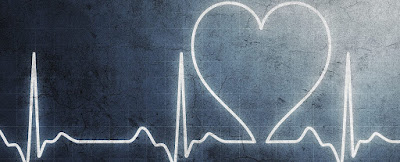Why do we fall in love?
Let’s get scientific: Narrated by Dr Laura Ashe
The causes and effects of love have long fascinated scientists and romantics
alike.
In fact, in 2015 ‘what is love?’ was Google’s second most searched term
starting ‘what is’.
It’s been found that those under love’s spell experience the same highs and
lows as people with hard drug addictions.
And neuroscientists have discovered that the brains of people in love actually
change.
Einstein famously said: “You can't blame gravity for falling in love.”
So what does science tell us we can blame?
Let’s open up Cupid’s chemistry set to find out.
First off, in the primary lust-driven stages, sex hormones testosterone and
oestrogen get to work.
The hormone testosterone actually lowers in men but it rises in women.
Once the lust dust has settled...attraction kicks in.
This stage of loveliness is powered along by neurotransmitters called
‘monoamines’.
In this mix is a heady combination of Dopamine, also activated by drugs such
as cocaine and nicotine; Adrenalin (AKA Norepinephrine) which causes those
racing hearts and hot flushes; and finally, Serotonin – an ingredient that’s so
strong it’s to blame for craziest things we do when we’re in love.
The attraction stage can cause any number of strange effects on the lovestruck.
It’s lucky that most people soon move into the final stage...attachment. This is
what keeps relationships strong and long lasting and relies mainly on the
hormones Oxytocin – sometimes called the “love hormone”— and
Vasopressin, recently discovered to play an important role in long-term love.
So it seems that age-old wisdom and modern science are both correct: finding
love and keeping it is indeed all about getting the chemistry right.


No comments:
Post a Comment